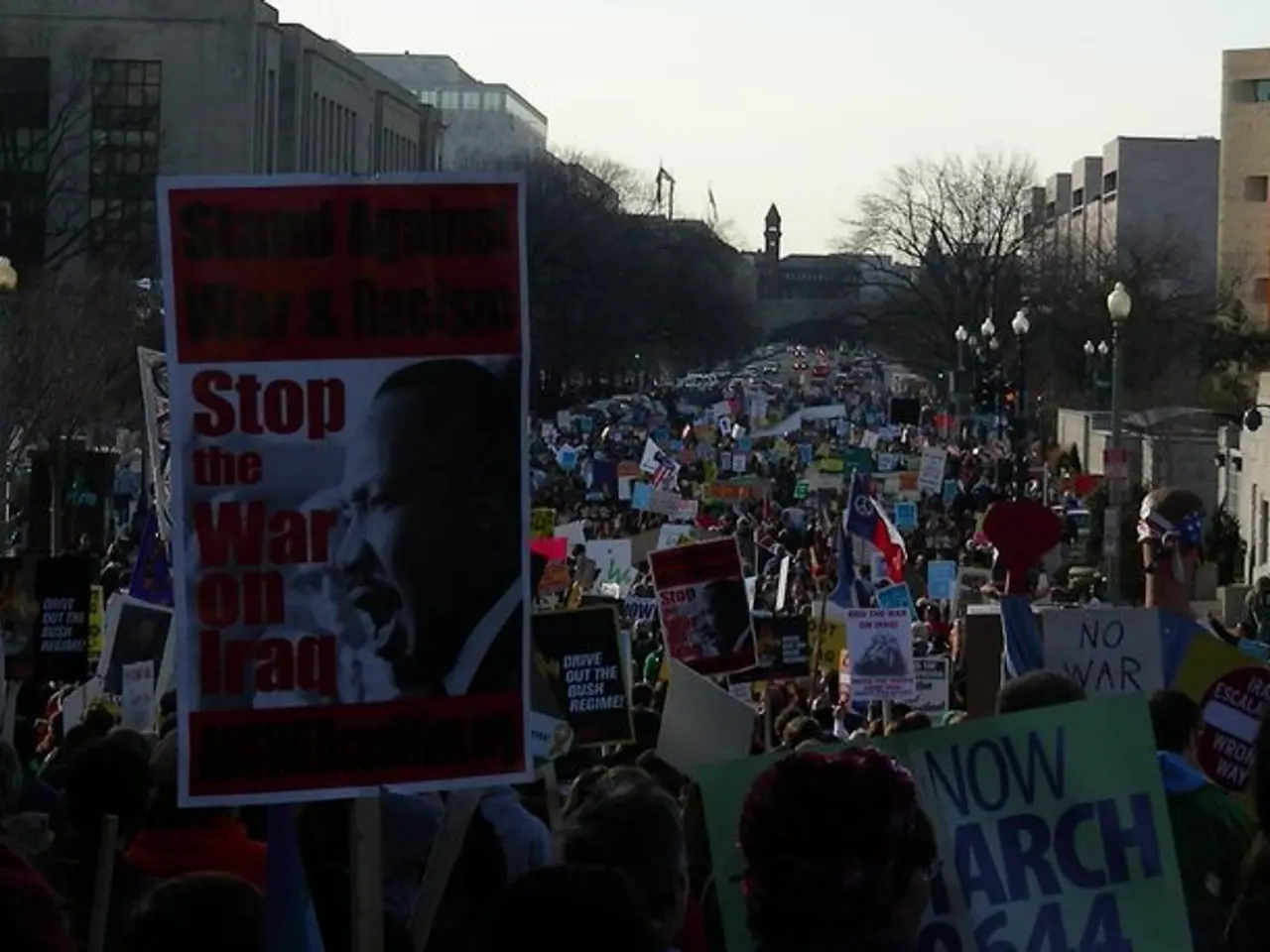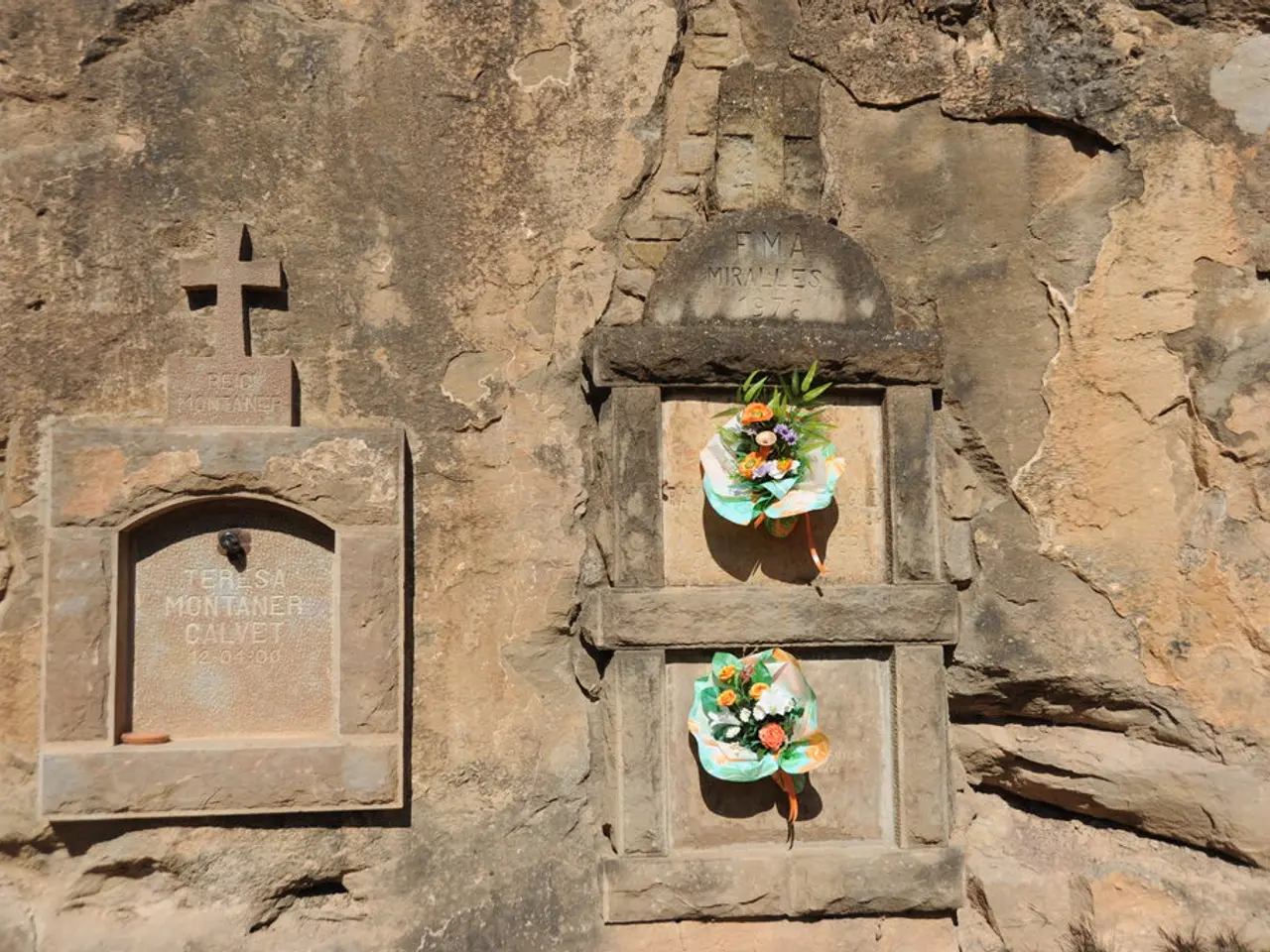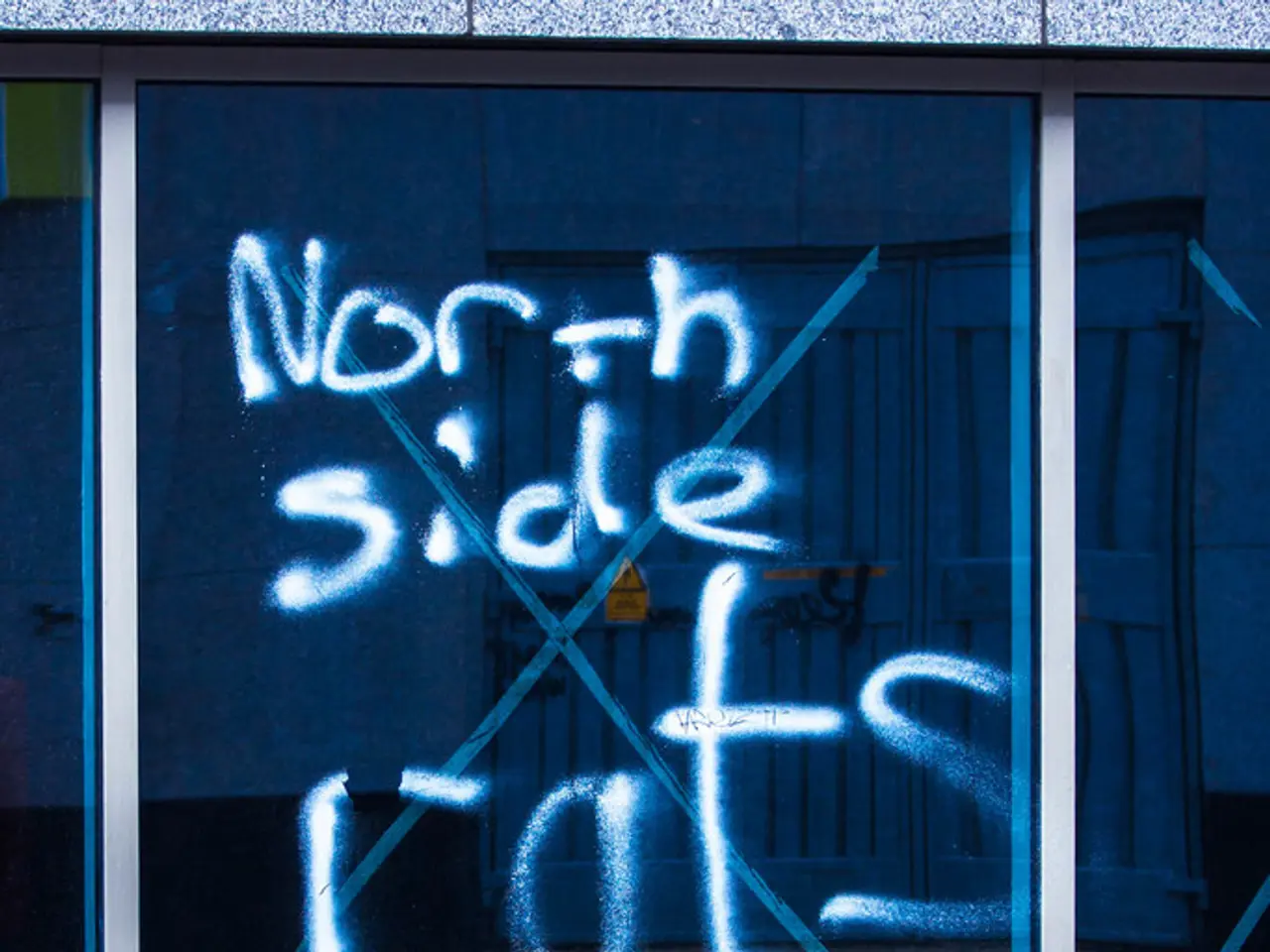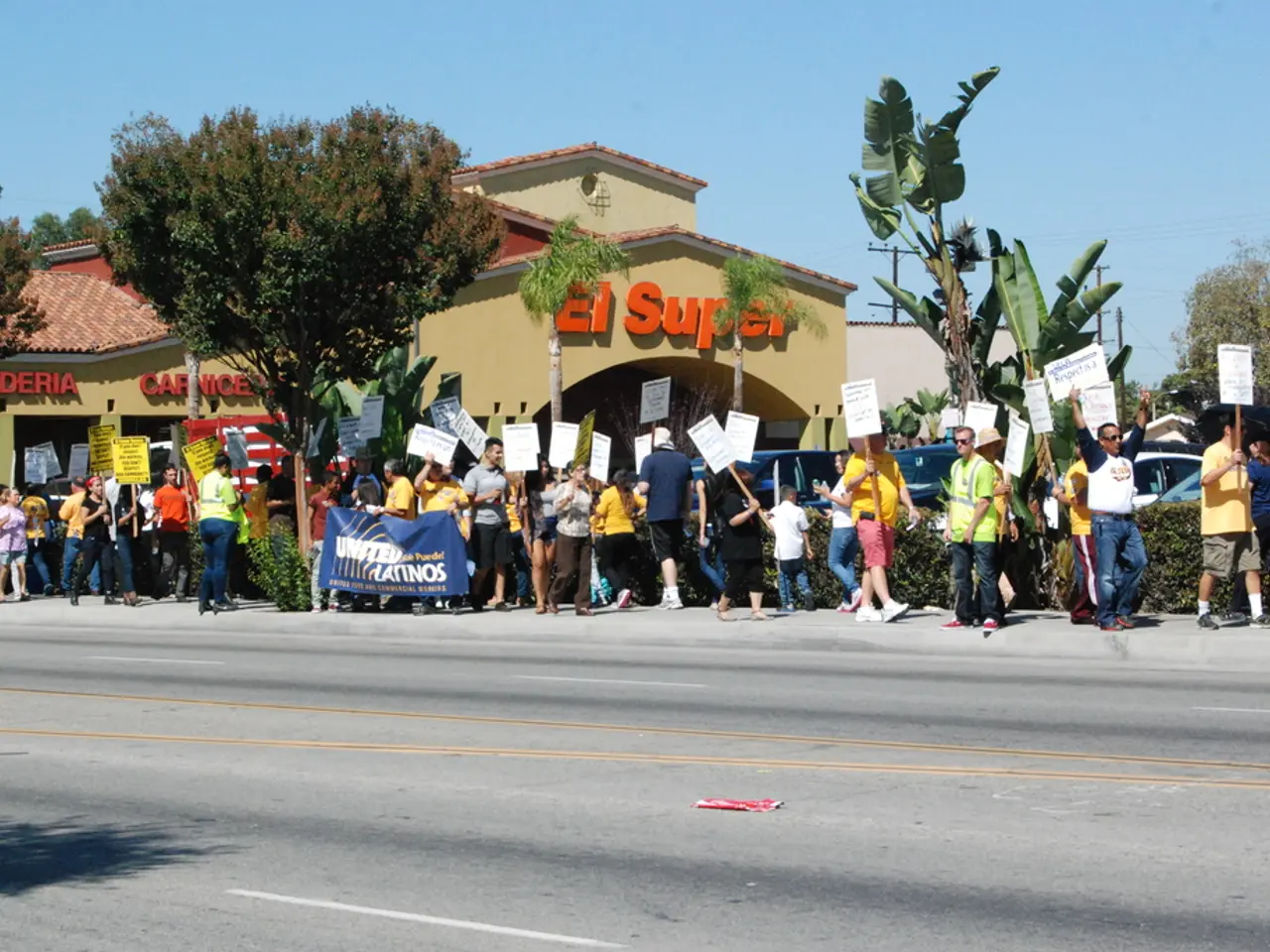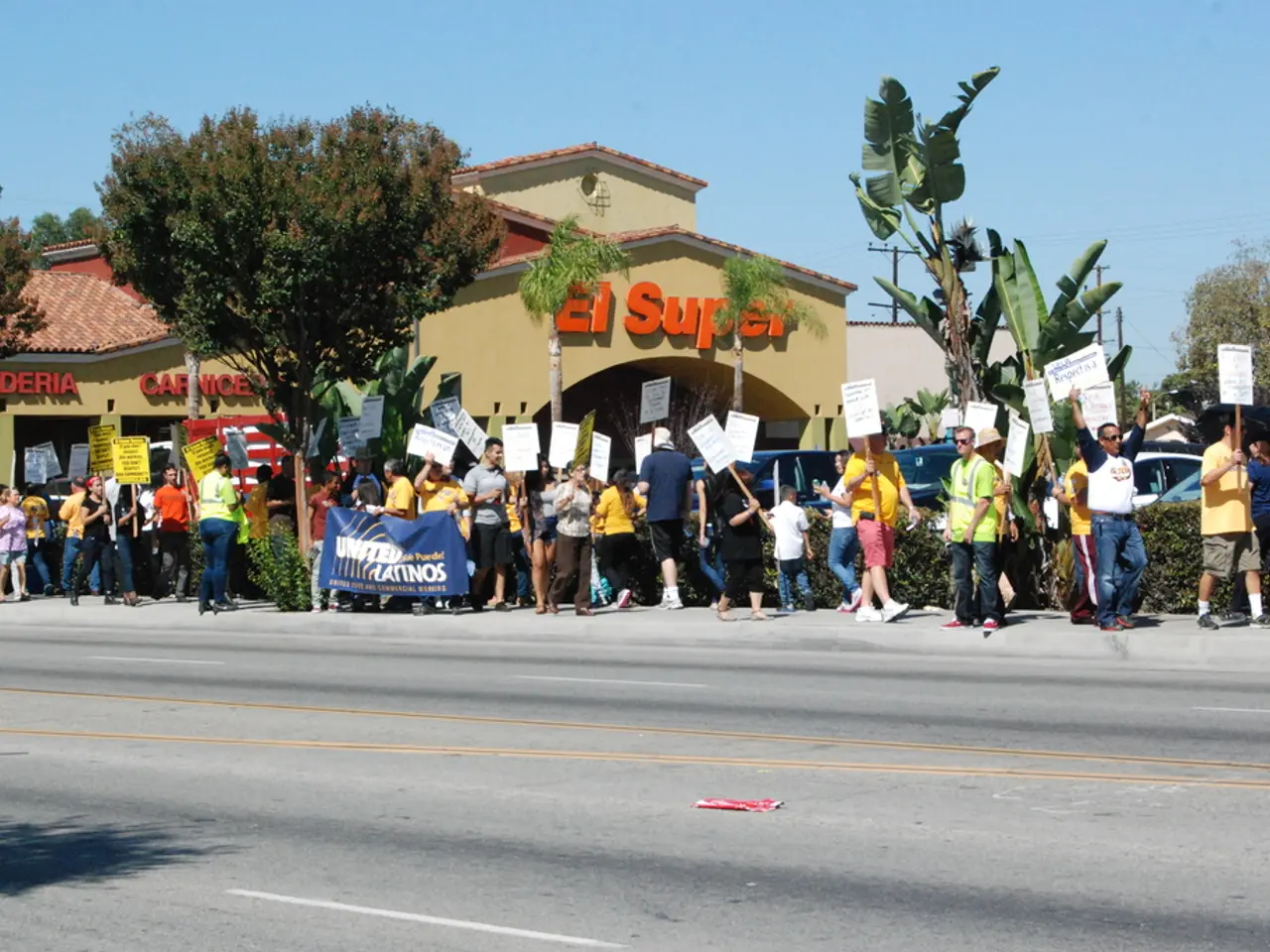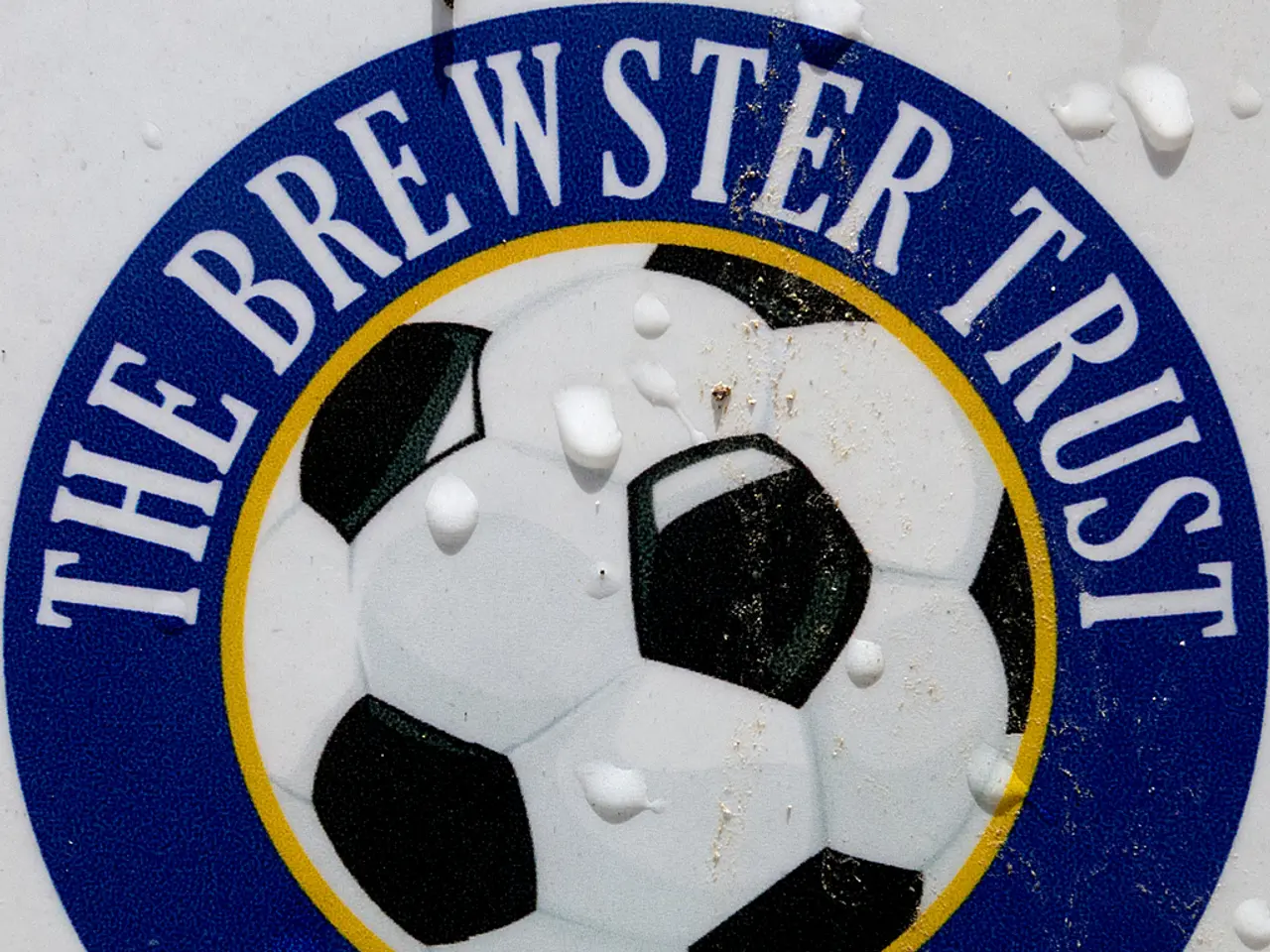West Bank settlers put to rest slain Palestinian activist
In the small village of Umm al-Khair, located on the hills south of Hebron, a series of events unfolded following the tragic killing of Palestinian activist Awdah Hathaleen by Israeli settler Yinon Levi on July 28, 2025.
Immediately after the incident, Levi was briefly detained and placed under house arrest for three days. However, by August 1, he was fully released, allowing him to return to the scene overseeing settlement work on Palestinian land near Umm al-Khair.
Israeli security forces treated the residents of Umm al-Khair as suspects from the outset. They raided the mourning tent set up by Hathaleen's family the day after his death, expelling mourners and activists. Around 20 villagers, including Hathaleen’s brother Aziz, were arrested, and military roadblocks were established around the village.
The family was pressured to sign conditions limiting the funeral to 15 attendees and to bury Hathaleen outside the village; they refused. As a result, Israeli authorities withheld Hathaleen’s body for ten days.
On August 7, 2025, Israel allowed the burial of Hathaleen in Umm al-Khair, departing from its earlier demands to bury him elsewhere with severe attendance restrictions. Despite the release of the body, the funeral was heavily restricted: the Israeli military established multiple checkpoints between the main road and the cemetery, blocked the village entrance for hours preventing condolences, and barred non-residents from attending. Three villagers remained detained until the evening of the funeral day, after which they were released.
Tensions persisted as settlers resumed earthworks on village land, damaging vital infrastructure such as a water pipe supplying half of Umm al-Khair’s homes, which remained unrepaired.
This sequence highlights the Israeli military’s restrictions on Palestinian mourning practices, attempts to limit the funeral's impact, and ongoing settler activities in the area after the killing. The fight of Masafer Yatta's Palestinian residents against Israeli settlement expansion and violence was the subject of the Oscar-winning documentary "No Other Land," in which Awdah Hathaleen was linked.
Meanwhile, Yuval Abraham, the co-director of "No Other Land," posted a video of Awdah's killing on Instagram. The video showed a man identified as Yinon Levy brandishing a gun and arguing with a group of people.
The violence in the West Bank, which Israel has occupied since 1967, has surged throughout the Gaza war that began in October 2023. At least 968 Palestinians, including civilians, have been killed by Israeli soldiers or settlers since the Gaza war began. Conversely, at least 36 Israelis, including civilians and soldiers, have been killed in Palestinian attacks or during Israeli military operations over the same period.
Aziz Hathaleen, Awdah's brother, argued that the Israeli moves were intended to prevent a large gathering that would draw attention to his work opposing Israeli settlement in Masafer Yatta. More than 20 people from Umm al-Khair were arrested following Awdah Hathaleen's death. Mourners kissed Awdah's body before joining prayers at a local mosque.
Despite the challenges, the funeral of Awdah Hathaleen was attended by about 100 mourners, reflecting the community's determination to honour their fallen activist and continue the struggle for their rights.
War-and-conflicts in the West Bank, specifically the Gaza war that began in October 2023, have been subject to intense general-news coverage. These conflicts have led to increased politics and crime-and-justice issues, with the killing of Palestinian activist Awdah Hathaleen by an Israeli settler being one such example. In the aftermath of this incident, Israeli authorities imposed restrictions on the funeral of Hathaleen, highlighting their control over Palestinian mourning practices and efforts to limit the impact of such events.
